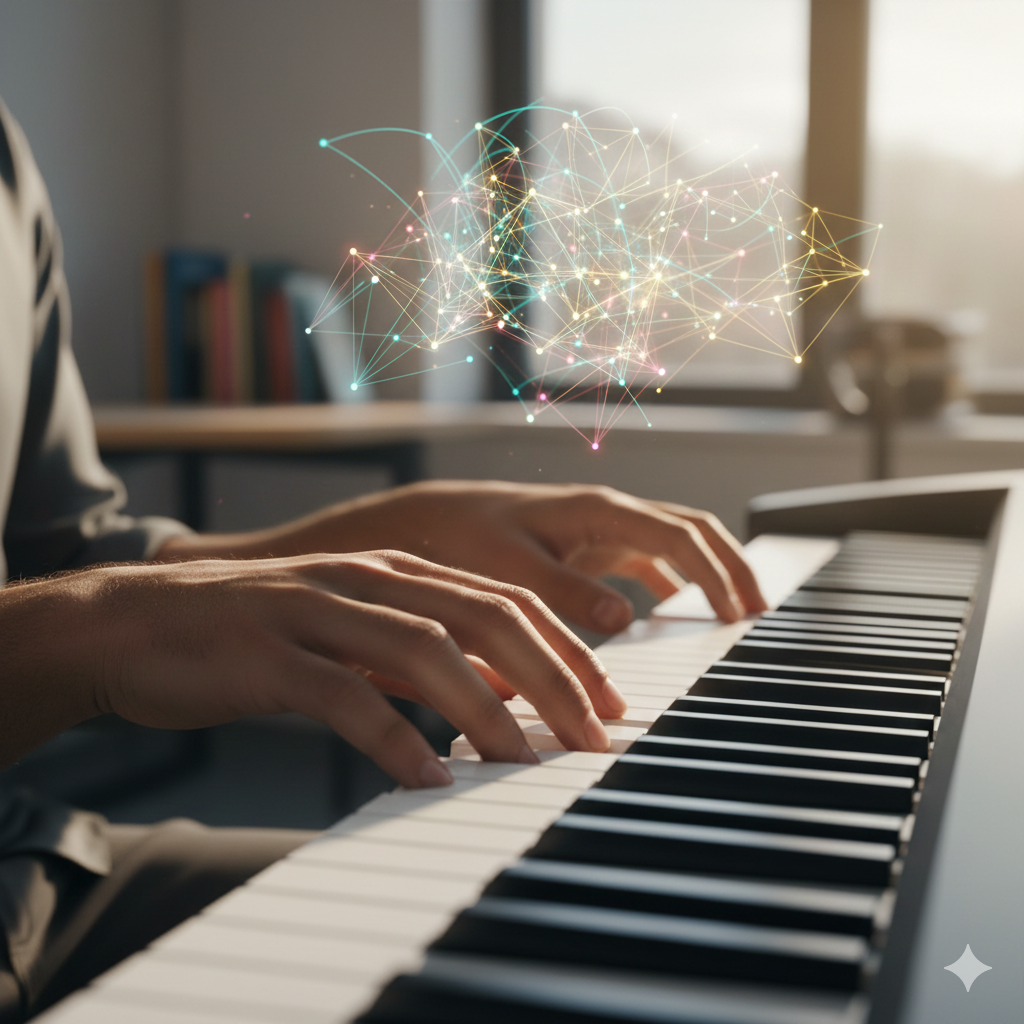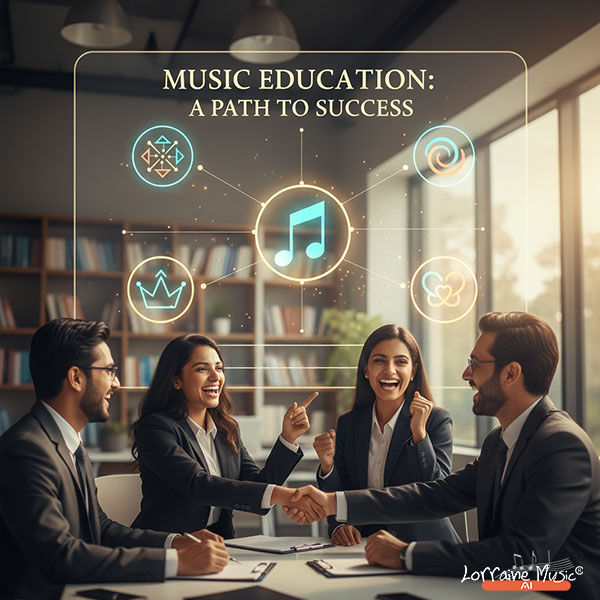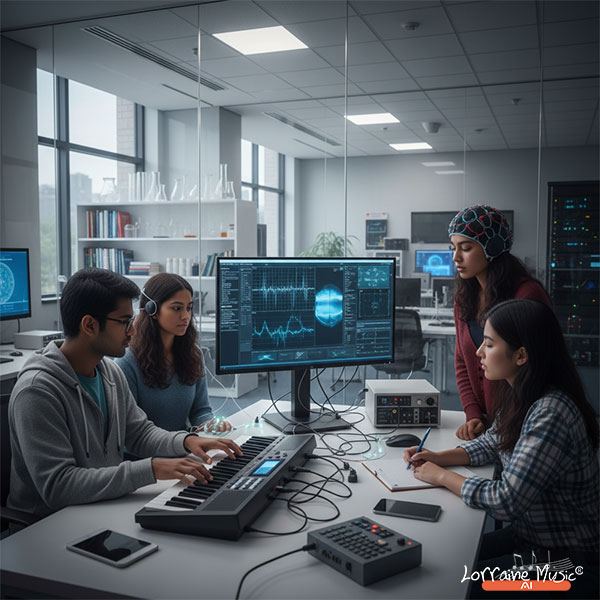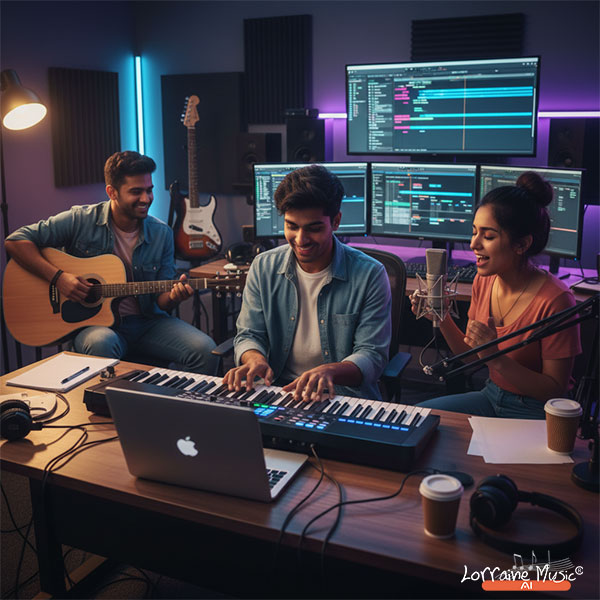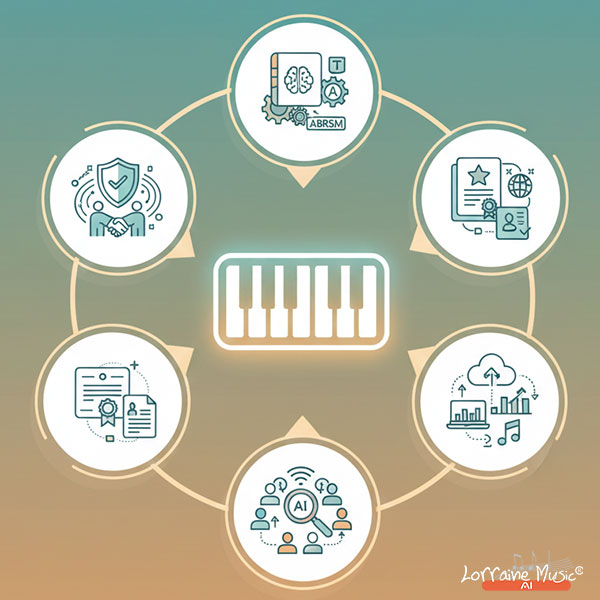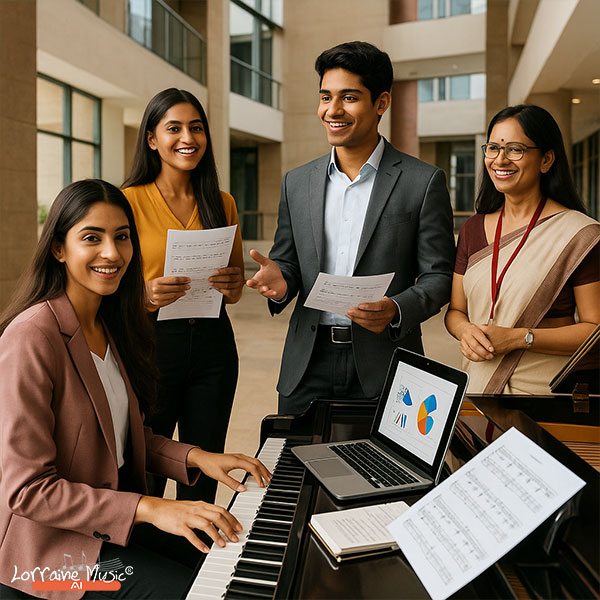UNIVERSITIES: Championing Music Education & Music Literacy for the 21st Century Learner
How Music Literacy Builds Smarter, More Creative, and Emotionally Intelligent Graduates
1. The New Imperative: Music as a Core Skill in Higher Education
Across the world, universities are rethinking what it means to educate young people for a future defined by automation, artificial intelligence, and global interdependence. While technical skills will always be important, it is human skills – creativity, emotional intelligence, adaptability, empathy, and collaboration – that will define success in the decades ahead.
In this context, Music Literacy is emerging as one of the most powerful tools to nurture these human competencies. It is not merely a performing art, but a cognitive and emotional discipline that transforms the learner’s brain, mindset, and social behavior.
At its core, music is structured mathematics expressed as emotion. Learning music strengthens the neural networks that govern attention, memory, pattern recognition, and emotional regulation. It encourages divergent thinking, strengthens working memory, and activates both hemispheres of the brain – phenomenon neuroscientists describe as whole-brain learning.
For universities committed to producing graduates who can innovate, lead, and thrive amid uncertainty, integrating Music Literacy is no longer optional – it is essential.


